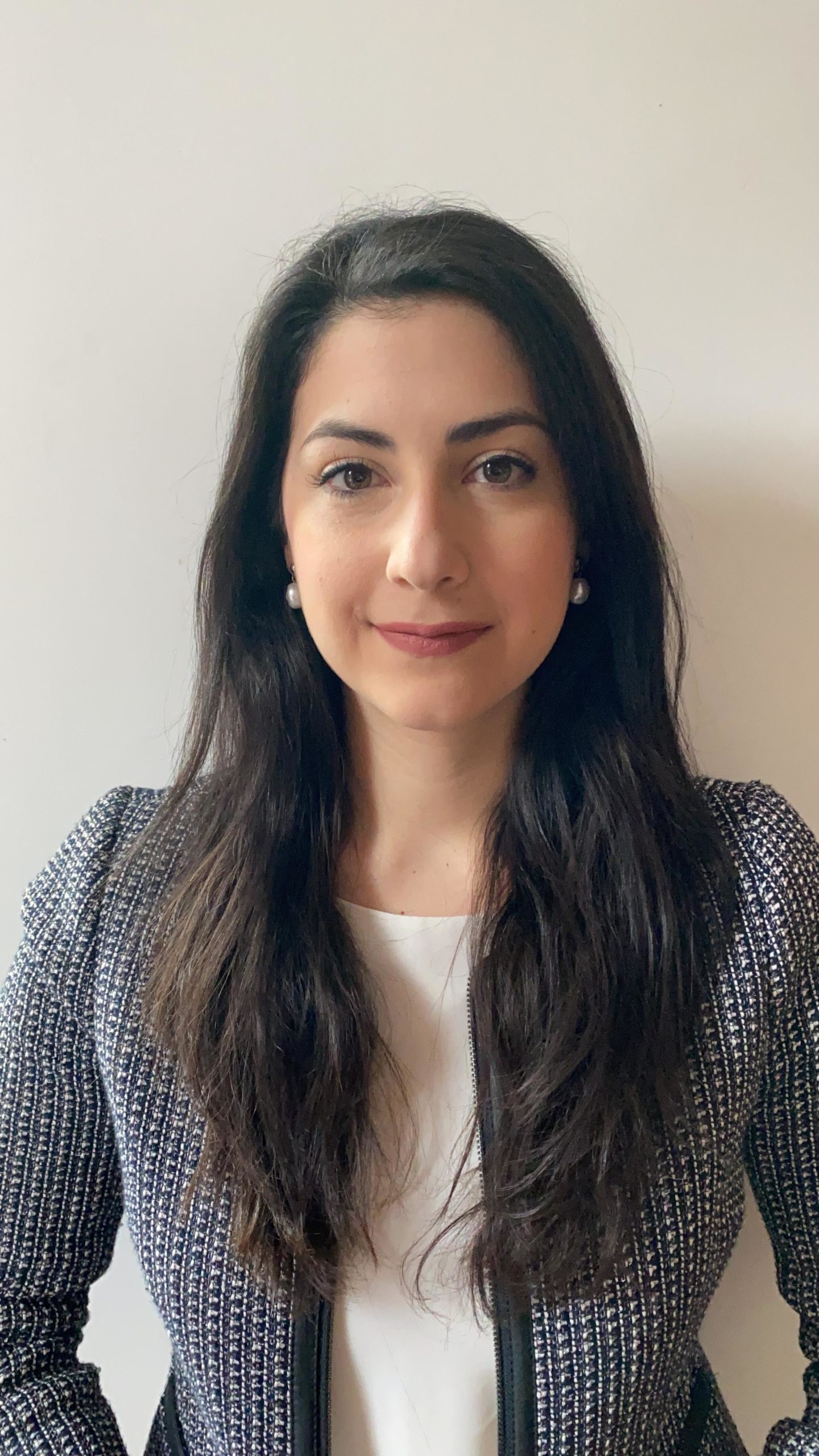Amid the COVID-19 pandemic, Argentina has brutally cracked down on medical practitioners of faith. The government is forcing hundreds of doctors, nurses, and medical personnel in Argentina into performing abortions. Public health officials with religious convictions have had to quit their jobs, and religious hospitals that receive public funding must find an abortionist on-call.
These groups find themselves in this situation due to the recent legalization of abortion by the socialist government of Alberto Fernandez. Despite multiple rulings from local judges on its unconstitutionality, conscience protections will likely be the only path for medical practitioners who wish to act in accordance with their values. As a result, requests for legal help are inundating pro-life lawyers. While their government and civil society pursue secularization and progressivism, social conservatives in Argentina need to understand how conscientious protections work and develop religious freedom.
This was not always the case. For most of the first half of the twentieth century, over 90 percent of Latin America’s population was Catholic. Religious beliefs held a privileged place in society. Even today, after religious affiliations have shifted from Catholic to Protestant, the Pew Center predicts that by 2050 Christians will still make up almost 90 percent of the region’s population.
Why is there a rise in progressive and secular movements in a region predominately inhabited by Christians? How should Christians and non-Christians view this concerning trend and its implications for religious freedom?
For starters, religiosity should be assessed on a country-by-country basis. Particular countries have seen a sharp decline in religious affiliations. In Chile, for example, the number of people who identified as Christian went from 84 percent in 2006 to 63 percent in 2019, a decrease of more than 20 points in only 13 years.
Additionally, affiliation numbers can often be misleading. Even though the region as a whole might still consider itself Christian, this does not mean that individuals who affiliate themselves with a church practice their beliefs. Today, in Argentina, Uruguay, Chile, and Mexico, less than half of the population considers religion to be an important part of their lives. A 2016 survey of religious affiliation in Mexico shows us how dire the situation is. Of those who identify with a religion, 41.8 percent acknowledged that this was a result of family tradition. People who actively practice their religion make up only 5.3 percent of those affiliated. The legalization of abortion in Argentina, the rise of violent attacks on churches in Chile, and the increasing liberalization of public education in Mexico, then, should come as no surprise. Religious believers must awaken to this reality and begin advocating for a civic and legal framework that respects every individual’s religious freedom.
The historical religious homogeneity of this region has kept most countries from building the legal framework needed to deal with religious liberty issues. This needs to change now, as the abortion law in Argentina shows. The original bill did not allow individuals to claim conscientious objection. After pushback from pro-life groups, churches, and social conservatives, the government included them in the law. But because the implementation did not protect everyone equally, current measures are not enough. While hospitals, clinics, and doctors who refuse to perform an abortion have the right to do so—in theory—in practice, social conservatives pay a heavy price for their beliefs. Hospitals that do not have an abortionist will have to cover the cost of transporting a patient and must ensure that they receive equal care. The government can punish any delays in doing so with disciplinary and administrative sanctions and with up to one year in prison. Social conservatives will have to fight in court to expand their conscience protections.
The relevance of building a legal framework that protects religious freedom extends widely beyond the debate on abortion. In the last year, the COVID-19 pandemic allowed states to overextend into the private life of citizens. In Chile, the state forcefully closed all of the churches in the city of Los Angeles and falsely alleged that they were breaking COVID-19-related rules. During this incident, at least two pastors were imprisoned for holding services. In Mexico, public restrictions prohibited gatherings on Sundays, making no distinction between social gatherings and religious services, while allowing for other sectors to operate. In Peru, an eight-month-long complete ban halted all religious services. In the case of Mexico and Peru, no one fought these measures in the courts at all.
The United States, in contrast, has a history of religious diversity. At different points in time, various religious groups advocated and fought for their rights to practice their religions. This has created a system of precedents that enshrines religious liberty, despite current ongoing battles to preserve these freedoms. When unreasonable and discriminatory measures prevented religious gatherings during the pandemic, groups successfully fought them in court. Last month, the Supreme Court ruled that the state of California must allow in-home religious gatherings. This is the second of such victories.
While courts turned down challenges to these measures in Chile, reopening the churches was luckily accomplished through appeals to the press and public opinion. However, as secularization continues to rise, appeals to public opinion might not work again when the state singles out religious groups and enforces discriminatory measures. Yet there is hope. Recently, the Supreme Court in Chile declared the arrest of the two pastors unconstitutional, creating an important precedent for religious liberty. As religious conservatives continue to defend their freedoms in Chile and Argentina, the rest of the region would do well to pay attention and prepare for whatever might come.






